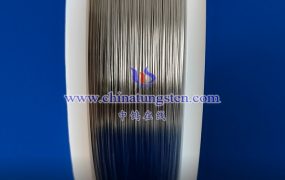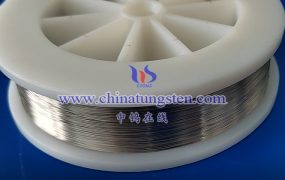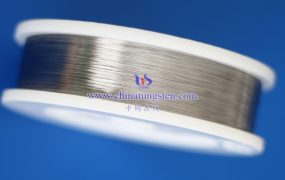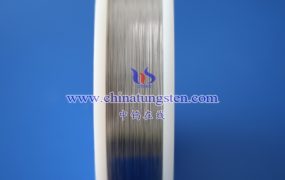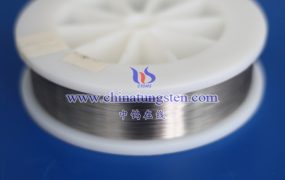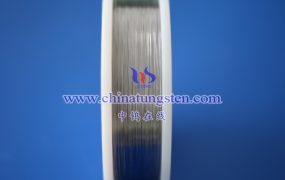The tensile strength of black tungsten wire ranges between 1,000–2,000 MPa at room temperature, depending on purity, processing, and temperature. Its primary advantage lies in high-temperature stability rather than absolute strength. For enhanced strength or high-temperature performance, doping (e.g., thoriated or lanthanated tungsten) or alloying can further optimize its properties.
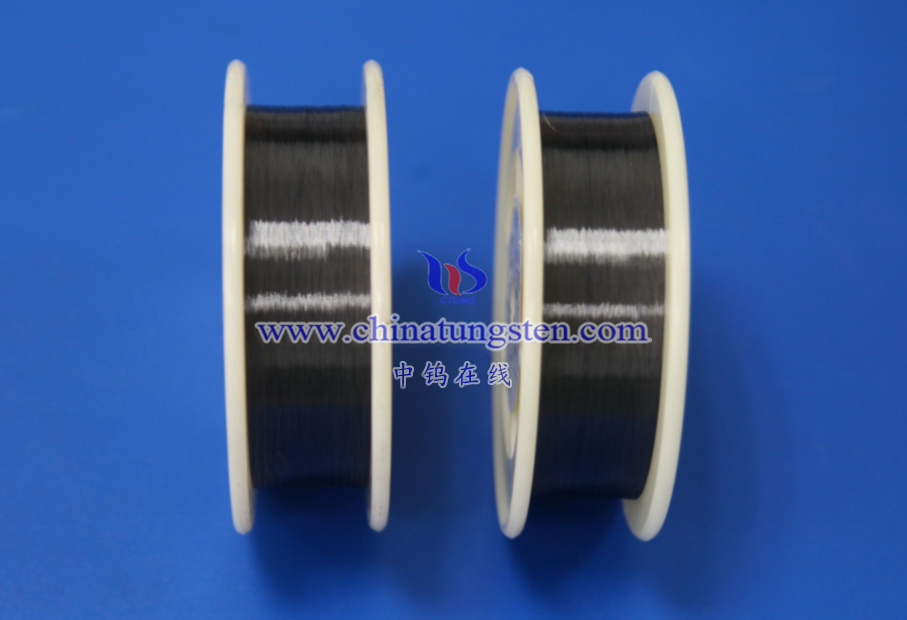
- Basic Tensile Strength Range
- At Room Temperature: Pure tungsten wire typically has a tensile strength of 1,000–2,000 MPa, varying based on wire diameter and processing conditions.
- At High Temperatures: Tensile strength decreases significantly due to creep and recrystallization tendencies at elevated temperatures.
- Key Factors Affecting Tensile Strength
- Purity:
- High-purity tungsten wire (>99.95%) exhibits higher tensile strength. Impurities (e.g., oxygen, carbon) reduce strength by forming brittle phases or grain boundary defects, leading to fracture.
- Processing Techniques:
- Cold Drawing: Multiple cold-drawing cycles (plastic deformation) refine the grain structure, increasing strength, but excessive cold drawing may increase brittleness.
- Annealing: Proper annealing relieves internal stresses, but over-annealing can reduce strength.
- Wire Diameter:
- Thinner wires, due to their larger surface area, are more affected by surface defects, potentially lowering strength. However, stricter processing controls for fine wires can result in higher actual strength.
- Temperature:
- Tungsten’s strength decreases with rising temperature, particularly above the recrystallization temperature (approximately 1,000–1,200°C), where strength drops sharply.
- Purity:
- Comparison with Other Materials
- Metals:
- Tungsten wire’s tensile strength surpasses that of common metals like steel (400–1,000 MPa) but is lower than some alloys (e.g., titanium alloys at 1,000–1,500 MPa).
- Tungsten’s advantage lies in its high-temperature stability, maintaining higher strength at elevated temperatures compared to steel, which softens rapidly.
- Ceramics:
- Ceramics (e.g., silicon carbide) may have higher tensile strength (>3,000 MPa) but are highly brittle. Tungsten wire offers a balance of toughness and high-temperature performance.
- Metals:
- Performance in Practical Applications
- Light Bulb Filaments: Black tungsten wire operates at 2,500–3,000°C, where doping (e.g., with potassium or aluminum) increases recrystallization temperature and creep resistance. Tensile strength may drop to 500–1,000 MPa but remains sufficient for the application.
- Electronic Devices: Fine tungsten wire is used in electron tubes and X-ray tubes, requiring high strength and conductivity, achieved through optimized processing techniques.
More details of tungsten wire, please visit website: http://www.tungsten-wire.com.cn/
Please contact CHINATUNGSTEN for inquiry and order of tungsten wire:
Email: sales@chinatungsten.com
Tel.: +86 592 5129595
